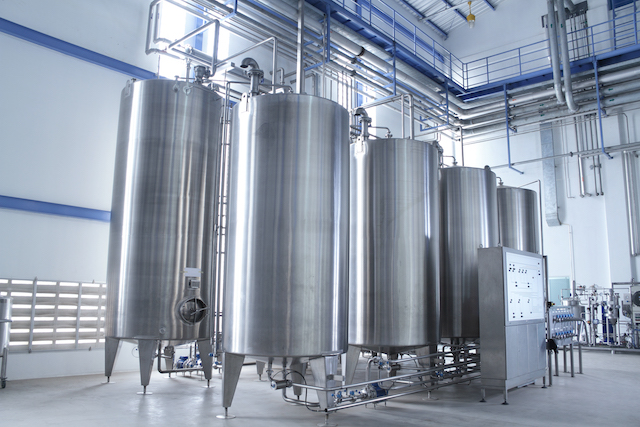
A few lesser-known issues could threaten your laboratory’s lab water treatment system efficiency and quality.
Even with the right purification systems, your lab’s water quality might be in danger of slipping. A few lesser-known issues could threaten your laboratory’s lab water treatment system efficiency and quality. Typically, water treatment issues occur in labs that conduct testing services and research labs. Each laboratory predominantly requires highly purified deionized water that is absent of any organic matter. On the surface, keeping water quality in check seems straightforward. A deionizer does most of the water purification, removing each charged ion other than hydrogen and hydroxyl. A lot goes into your laboratory’s water treatment system, so read on to learn about a few lesser-known threats that could put it at risk!
Failing to Recirculate the Water
If you have ever seen a pool of sitting, stagnant water, you know it is not the world’s most appealing smell or sight. That is because bacteria are able to grow rapidly in a water treatment system that is not moving at a consistent rate or three feet per second or more. The amount of growth in your purified water system will really depend on the amount of bacteria in the potable water entering the treatment system. This is a bit problematic for labs that install deionizers that feed water right to their sources. During off-hours, like weekends and nights, the unused water remains stagnant in the treatment system, which could lead to bacterial growth. To prevent this, install equipment to keep the water moving and help control bacteria inside the system.
Using Excessively Long Pipes
Purified water distribution piping is important for feeding deionized water into its source. However, when these piping systems become too long, they become a cesspool for any bacterial growth. Excessively long pipe runs are common when a purified water system feeds various areas in a facility. These long piping systems, especially ones that do not recirculate, can extend for hundreds of feet, making it next to impossible to limit bacteria. To stop this, we recommend laboratories house their very own water purification systems.
Using Improper Material for Pipes
Using the right piping material to carry deionized water is important for preventing the growth of bacteria. Certain types of cleaning agents will harbor organic content, as do chemicals that bond certain plastic pipes together. Try using polypropylene piping for this. They’re made up of hydrophobic materials that help avoid the buildup of bacteria in your water. If you notice your lab’s water purification quality is dropping, give the Lab People a call!
FOR ALL LAB EQUIPMENT AND LAB NEEDS, CONTACT LAB PEOPLE TODAY
The Lab People Inc. is a trusted provider of laboratory equipment, services, supplies, and rental equipment for you and your laboratory. As an ISO 17025 accredited service organization, we stand behind our services with 100% satisfaction guaranteed for all of our customers. We are here to provide you with the best lab equipment service, equipment, and supplies.
For more information about how we can assist you, visit our website, email us, or give us a call at 1-800-296-2001!
Do not forget to follow us on Facebook, Twitter, and Linkedin!
